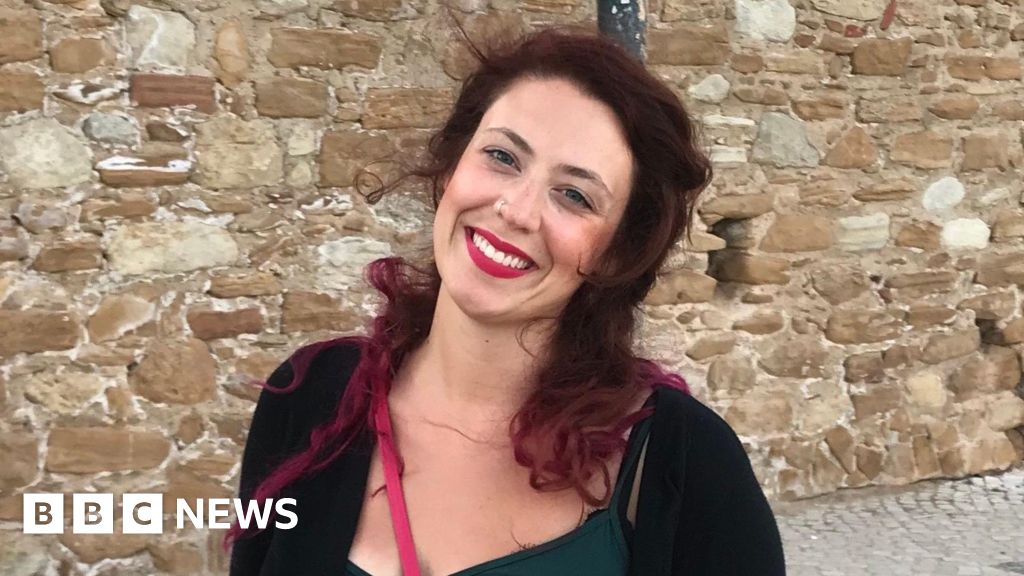Introduction to Medically Induced Menopause
When a woman is diagnosed with breast cancer at a young age, she may be put into medically induced menopause to prevent her hormones from fueling the tumor. This is what happened to Kat Denisi, who was diagnosed with breast cancer at the age of 32. She underwent radiation therapy, which caused burns to her body, and chemotherapy, which caused severe nausea.
The Effects of Medically Induced Menopause
Medically induced menopause can occur overnight, and the symptoms can be intense. Kat, who is now 35 and cancer-free, has suffered from loss of libido, anxiety, and severe hot flashes. She has also experienced a dry vagina and bleeding cracks that are painful. The hot flashes are so severe that they make her feel like she is going to throw up.
Comparison to Natural Menopause
Every woman goes through menopause, but the majority experience it between the ages of 45 and 55. Natural menopause is a gradual decline in hormones, whereas medically induced menopause can be sudden. The symptoms of menopause can vary widely and affect almost every aspect of physical and mental well-being.
Managing Menopause Symptoms
One way to manage menopause symptoms is hormone replacement therapy (HRT). However, Kat cannot pursue this option because estrogen, a key ingredient in many HRT products, can stimulate the growth of breast cancer cells. Kat is currently undergoing menopausal injections for four years, but she feels that doctors don’t have many solutions for menopause.
The Impact on Personal Life
Kat feels that the constant feeling of illness is affecting her personal life. She got married and was supposed to have the best years of her life, but instead, she feels sick all the time. She said that when you go through chemotherapy, there are so many side effects, and you don’t really notice menopause until you come out the other side.
Temporary or Permanent Menopause
Medically induced menopause can be temporary or permanent, depending on treatment and individual factors such as age. Kat was put into menopause to protect her ovaries from chemotherapy, which could have destroyed all of her eggs. If she stops taking menopause medication in a year, she will know within six months whether her period will return.
Raising Awareness
Dame Laura Lee, chief executive of a cancer charity, said that menopause can be "brutal" for many women with cancer, yet awareness of it is shockingly low. Kat believes that young people experiencing medically induced menopause suffer in silence. People expect you to be OK after cancer treatment, but inside, you’re screaming into the void because you’re not back to normal yet.
The Need for Support
Kat wants to raise awareness about medically induced menopause, also known as "crash menopause." She believes that if people know about it, they can help those who are going through it. She wants to shout from the rooftops what it is, so that families can help their loved ones. Now that her husband and his parents know about it, they can help her be the best version of herself.

